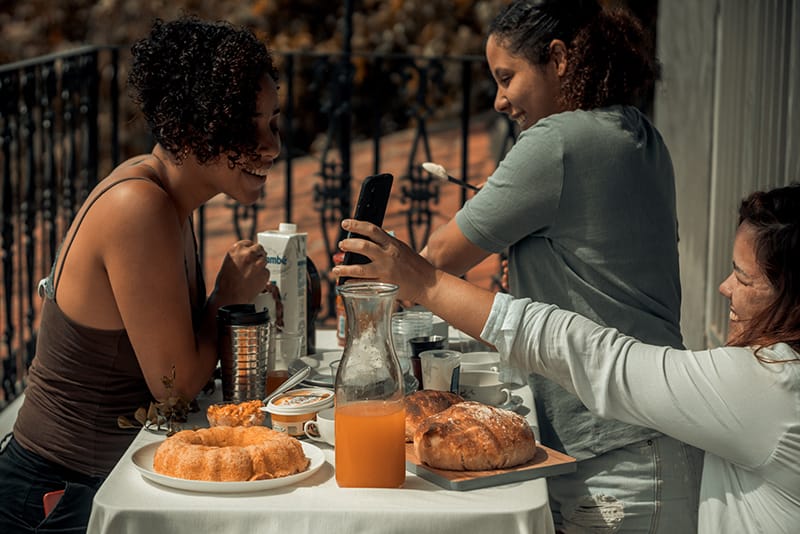CHICAGO — It’s hard to predict the future these days. In light of current events and those that have taken place over the past 24 months, it’s true that change is the only constant.
But at the American Society of Baking (ASB)’s BakingTECH conference, held March 1-3 in Chicago, food futurologist Dr. Morgaine Gaye outlined how her expertise in trend watching can provide a glimpse into the future.
Baking is a scientific, repeatable process, but food doesn’t exist in a vacuum. That’s why Gaye looks at everything from fashion to interior design to social and cultural norms when she formulates predictions.
“We need to be thinking about all the undercurrents and what’s actually going on — and what will happen in the future,” she said. “Everything we do, what we believe, the way we’ve been socialized and the cultures we’ve grown up in, it all matters. It makes a difference in what we like to eat, what we think about food and, at the end of the day, what we decide to buy.”
One key word Gaye used to describe present trends was “belonging.” It has many connotations, including the longing for a sense of community and connection or thinking about belongings as possessions. It’s all relevant, and it comes down to a collective reassessment of what it means to be human.
Even if society enters a stage that can truly be called “post-pandemic,” the world won’t go back to the way it was; priorities and the way we see ourselves — and one another — are changing and will continue to change. Society is still in a sort of destabilization stage, with a time of reflection just beginning. And Gaye said that will continue through 2025.
“We can’t continue with ‘business as usual’ because that’s not working,” Gaye said. “Things have to be different, though we don’t know what ‘different’ looks like.”











